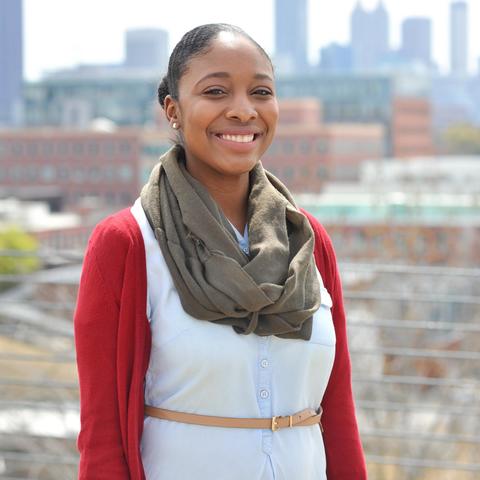Section Branding
Header Content
On Second Thought For Friday, July 6, 2018
Primary Content
Type any word into Google, and the search engine will offer a drop-down list of suggestions for what you should type next. So if you type "Russia collusion," Google suggests you complet eyour search with "delusion." And if you click on that suggestion, the first result is an opinion piece from the New York Post, followed by a Tucker Carlson interview on Fox News, plus a handful of YouTube videos from channels like Red Pill Christian Warrior.On Second Thought for Friday, July 6, 2018.
Those search results speak to something bigger: When you use Google, you're not just looking for information. Certain information is looking for you, too. Francesca Tripodi, a sociologist and media scholar, examined this phenomenon and its unintended consequences, like reinforcing Google users' existing biases. She joined us on the line from Denver, Colorado. Bart Wojdynski, an assistant professor of journalism at the University of Georgia, also joined. Wojdynski studies how people interpret information and focus their attention once they find a source.
Why do so many of us fall for fake news? Nearly 1 in 4 Americans admit they've shared fake politcal news stories on line, according to the Pew Research Center. Some of them said they did it despite knowing the information was false. Wojydnski spoke with us about how people judge the credibility of what they read, and what signs to look for when searching for the truth. Daniel Funke, a fact-checking reporter at the Poynter Institute, also took us inside the minds of online trolls and explained what social media giants like Facebook are doing to verify stories circulating the network.
Atlanta-based glam-punk band Material Girls releases its first full-length album today. It's called "Leather." Maybe you heard them on NPR's "All Songs Considered." We called home court advantage and asked the group's frontman, Ben Presley, for some additions to our Georgia Playlist.
It's Friday and you know what that means: It's time for On Second Thought's weekly roundtable. Today we gathered three people who work in tech to talk about their personal and professional relationships with the internet and technology. Goutham Belliappa is vice president of cognitive, artificial intelligence and big data practice for North America at Capgemini. Jamie Gottlieb is content manager for Roadie, an Atlanta startup. And Heather Huynh is a two-time Google intern and recent computer science grad from the University of Georgia. Huynh is heading to the University of Illinois for her master's degree this fall.
On Second Thought producer Leighton Rowell joined Atlanta's Brazilian community on Monday to watch Brazil beat Mexico 2-0 in the World Cup semifinals, and brought back an audio postcard ahead of Brazil's match today against Belgium.



